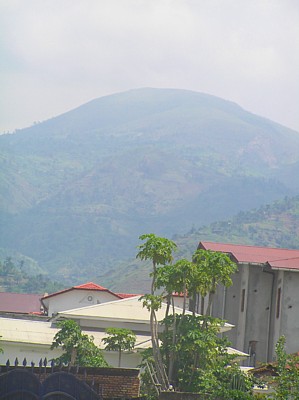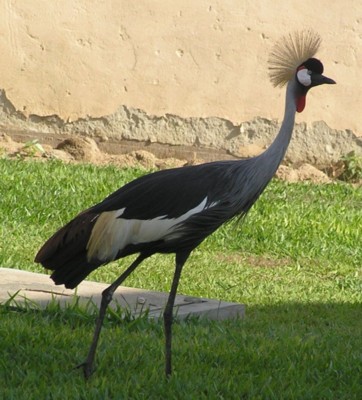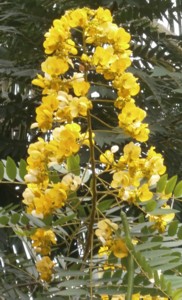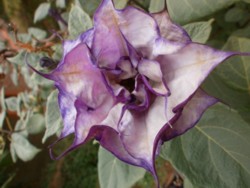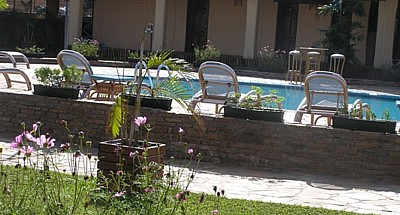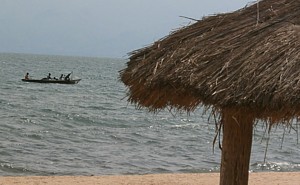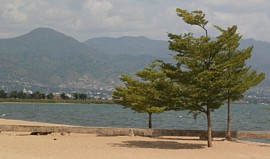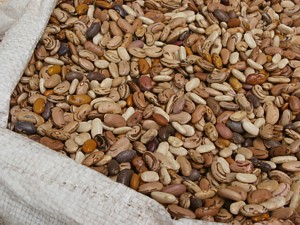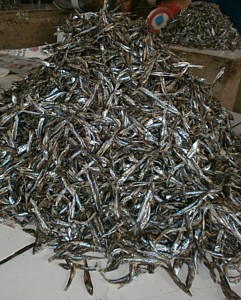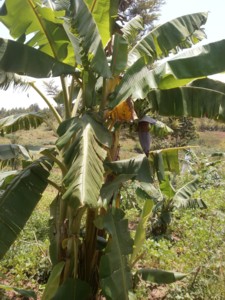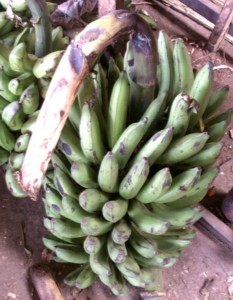Burundi is a very small densely populated
country, which used to be one with Rwanda and was given to
Belgium, who
was colonialmaster of DR Congo at that time, at the end of World War I in 1918.
Since 1 July
1962, the country has been independent from
Belgium as well as Rwanda
and 28
November
is celebrated as Republic Day.
The country borders the gigantic Lake Tanganyika, which is part of the
Great Rift Valley, and has also beautiful
mountains, lush and green. The
Burundese are fond of their
beans, sweet potato,
cassava and plantains. Small
fish are caught from the lake, and just put to dry on the beach,
after which you can keep them for months without refrigerating (picture
underneath).
The Burundese government is working hard on luring tourists, and slowly
tourism is picking up space. With the infrastructure, which has
developed swiftly, the nature, the water and beach and already a number
of good hotels, this may be an ongoing development. There are also many
beautiful birds, like the crowned crane underneath, and other animals and
flowers like acacia and flamboyant.
Land is scarce with the high population pressure, also a consequence
from the fact that more than 80% of the people still live off
agriculture. The government promotes regional crops with subsidized
intrants, and as a result a lot of
corn is grown, which is
relatively new to the country. The country also produces
coffee, mainly for
export. |

